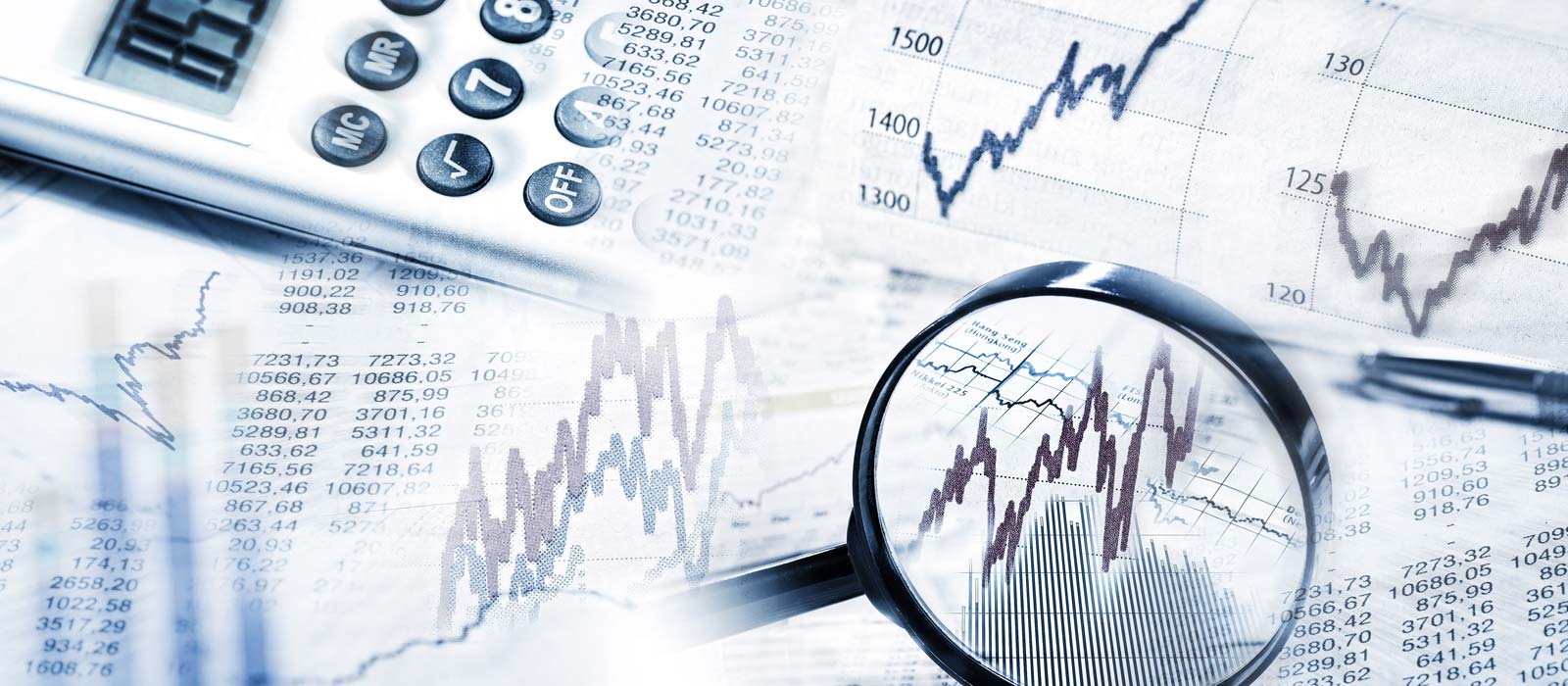PHL needs to boost digital infrastructure to ensure growth

By Luisa Maria Jacinta C. Jocson and Justine Irish D. Tabile, Reporters
THE PHILIPPINES’ digital economy can be used as a catalyst to boost economic growth, but the government must ensure the development of digital infrastructure to support connectivity and inclusion, according to experts.
“If there is one thing that the public sector should focus on, I will pinpoint infrastructure as that will drive connectivity. For the business sector, it is making sure that they have [to give importance] to digital inclusion, meaning new users,” Google Philippines Head of Data & Insights Nikki L. Del Gallego said during the report’s launch on Tuesday.
The Philippines’ digital economy is projected to reach between $80 billion and $150 billion in gross merchandise value by 2030, according to the e-Conomy report by Google, Temasek Holdings and Bain & Company.
Rizal Commercial Banking Corp. Executive Vice-President and Chief Innovation and Inclusion Officer and Fintech Alliance PH Chairman Angelito “Lito” M. Villanueva said the growth of the digital economy is just as important to the country’s economic growth.
“Due to the rapidly rising adoption of digital payments and the global e-commerce boom, it is obvious that digital is the way to go if we want to see exponential growth,” he said in a Viber message.
“In this era of smartphones, tablets, and advanced technology, focusing on how to grow our digital economy should be the priority of all governments right now. We must take full advantage of this cash-lite, digitization movement, and capitalize on people’s new post-pandemic, digital-dependent behavior for basic financial transactions,” he added.
In 2022, the share of digital payments in the total volume of retail transactions in the country rose to 42.1% in 2022 from 30.3% in 2021. The Bangko Sentral ng Pilipinas is targeting 50% of retail payments to be done digitally by the end of the year.
In order to optimize the opportunities from the digital economy, Mr. Villanueva said there is a need for stronger collaboration between the private sector and the government. With the government’s support, he noted the private sector can accelerate the reach of digital financial innovations and make digital payments accessible for more Filipinos.
“To be a thriving digital hotspot, we must push for the necessary regulations and regulatory frameworks to be mandated by the government, such as the Open Access in Data Transmission Act, E-Governance, National Broadband Act, and many more. These laws in action will drive our digital economy to greater heights,” he said.
Bain & Company Partner Bennett S. Aquino said the Philippines will be able to further accelerate the growth of its digital economy if the government and private sector work together.
“The private sector will need to supply the talent. It will really need to develop their own technologies and really understand the customer pain points,” Mr. Aquino said during the report’s launch event on Thursday.
“There will be limitations to this. The private sector is also in charge of infrastructure, but it is dependent on the government,” he added.
Meanwhile, Ateneo de Manila economics professor Leonardo A. Lanzona cautioned that there is still not enough sufficient digital infrastructure to benefit the majority of the population.
“Hence, while many are covered by and exposed to the internet economy, their impact is quite limited to only a few savvy and educated individuals. These same individuals are reaping these benefits from their continual and expanded utilization of the internet,” Mr. Lanzona said in an e-mail.
Mr. Lanzona said that innovations must be “adapted equally to the needs of the general public and the major economic sectors such as industry and agriculture.”
“As these individuals and sectors are being left behind, the unrelenting acceleration of the internet technologies are making it more and more difficult for these laggard individuals and sectors to catch up. In the end, we will end up with a very polarized economy, hardly one that can be seen as a driver of economic growth,” he said.
Mr. Lanzona recommended that the government should come up with an innovation system that will incorporate digital transformation, environmental resilience, and inclusion.
“As the market relies and focuses on digital transformation, the other social concerns are being ignored and may prove to be impossible to achieve. If individual self-interest and social welfare diverge, then clearly government intervention is justified. This lack of regulation in the internet economy is what makes us different from other higher income countries like Singapore,” he added.
RISKS TO GROWTHMeanwhile, Google’s Ms. Del Gallego said a global slowdown is one of the risks to the growth outlook for the Philippines’ digital economy.
The e-Conomy SEA report projected the internet economy of the Philippines to grow by an annual 20% to reach $35 billion by 2025. For 2023, it is projected to grow by 13% to $24 billion in gross merchandise value.
“Much like many industries, one of the standard risks will be the state of the global macroeconomic environment. We are optimistic and hopeful that the high interest rate stabilizes at some point,” Mr. Aquino said.
“If this stays at the current level and if gross domestic product (GDP) growth does not pick up as we have projected it to, that will impact our projections as well,” he added.
Ms. Del Gallego said they are optimistic the Philippines’ digital economy will achieve 20% annual growth through 2025 despite the global headwinds.
“With our GDP still growing even faster than Southeast Asia and inflation easing, it all goes back to the fundamentals that make us confident that the estimate of 20% will continue its momentum while the risks will always be there,” she said.
The Philippines is widely expected to be one of the fastest-growing economies in Southeast Asia this year and in 2024.
Ms. Del Gallego said one of the challenges to the growth of the digital economy is consumers’ low confidence in digital platforms.
“There are certain hesitations from those who might be new to the digital economy. They are likely looking for signals to allow them to trust certain digital platforms or maybe get the confidence to even try it,” she said.
The lack of confidence could be rooted in fears of fraud.
“I think from a consumer level, that remains to be one of the things that needs to be addressed because if everything happens, but the consumers are not ready, then we will not be able to maximize the potential growth,” Ms. Del Gallego said.




